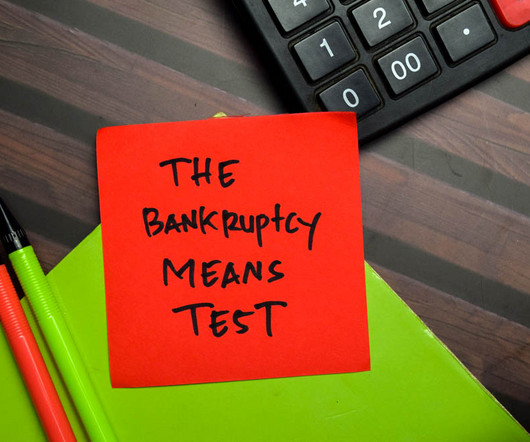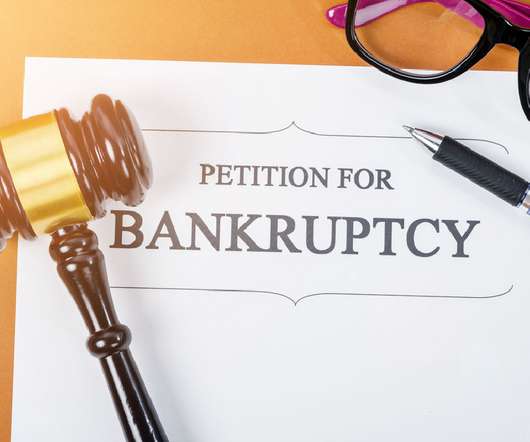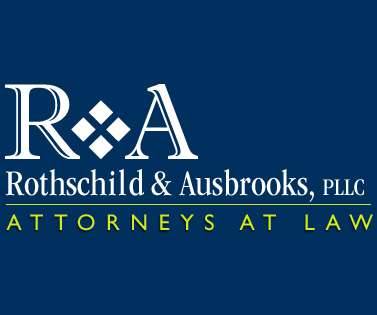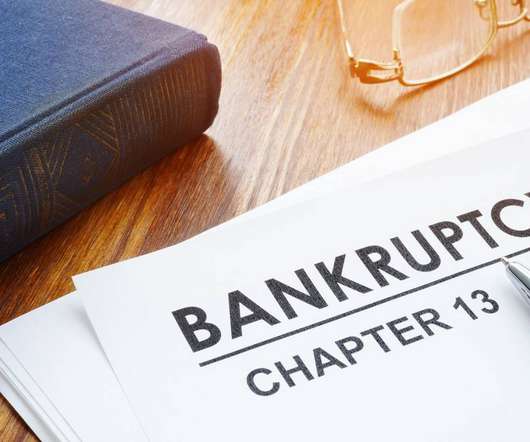Questions to Ask a Chapter 7 Bankruptcy Lawyer Before Filing for Bankruptcy
Sawin & Shea
MARCH 7, 2023
At Sawin & Shea, LLC, our Chapter 7 Bankruptcy lawyers have helped clients just like you in the Indianapolis and surrounding areas. What is Chapter 7 Bankruptcy? Will All of My Debt Get Discharged? Will I Lose My Property When I File Chapter 7 Bankruptcy?







































Let's personalize your content